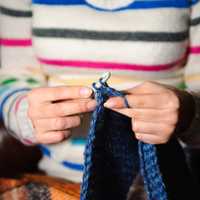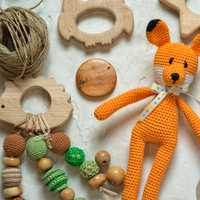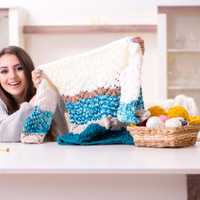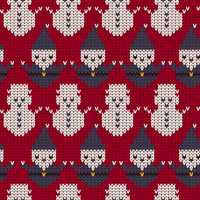Explore the Wonderful World of Quilts
quilting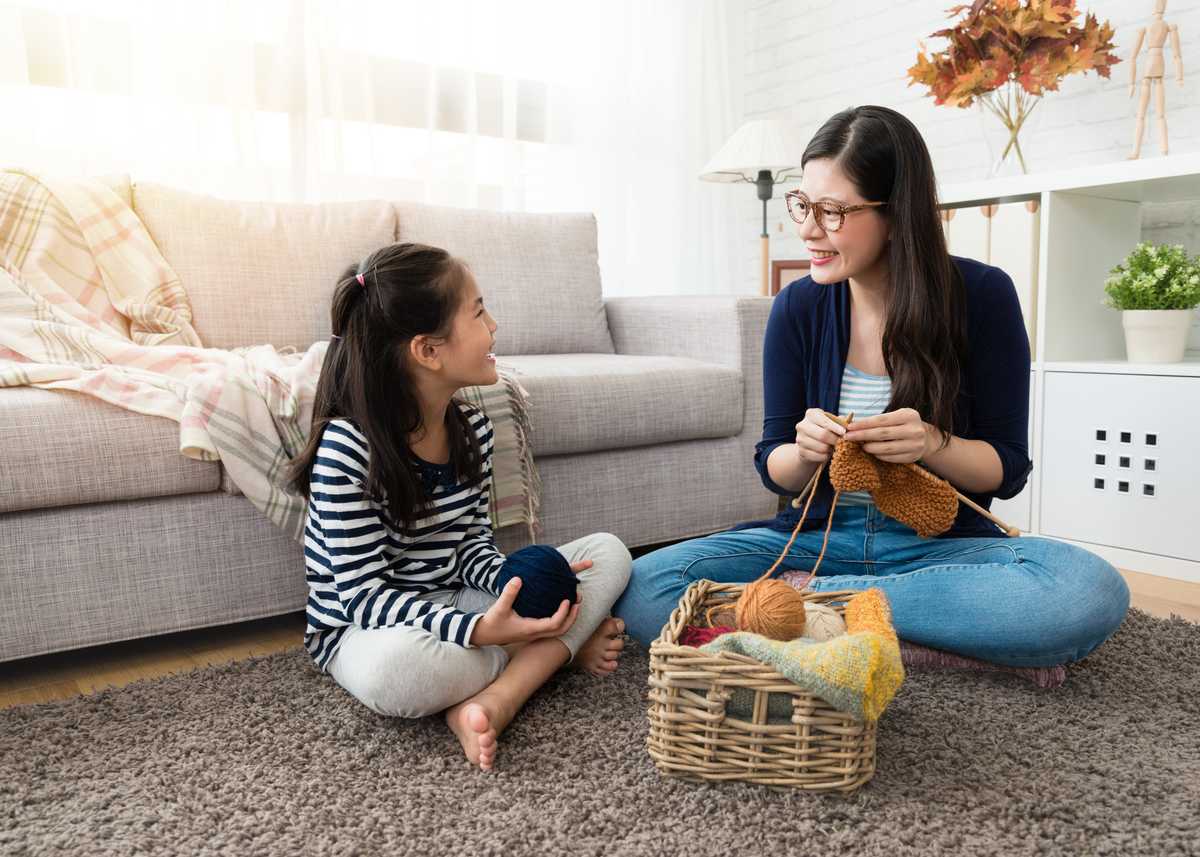
Explore the Wonderful World of Quilts
By Pauline Rogers
Explore the Wonderful World of Quilts
By Pauline Rogers
A quilt is essentially two layers of fabric with wadding sandwiched between. The top layer of material is the quilt top and the back layer is the backing. These layers of fabric, along with the wadding (also known as batting), are held together by stitching or ties.
Many beginning quilter's desire to create a quilt comes about after viewing quilts in magazines, at an exhibition or in the homes of friends and family. Once hooked quilter's are always thinking about their next quilt. The idea for a particular quilt can come from anywhere. Inspiration may begin with a painting, garden or the beauty of a specific piece of fabric.
Much thought goes into each quilt. Will the quilt be for a bed or displayed on a wall? Who will be the lucky recipient? Is the quilt to commemorate a special event or to be a wedding or anniversary gift? Contemplation of the finished quilt include size, pattern and colour scheme considerations.
A quilt top can be one large piece of fabric or made up of smaller pieces of fabric called quilt blocks. The blocks are sewn together edge to edge or with sashing separating the blocks. Borders are added to emphasis the quilt blocks, as another element of interest or as a way of simply creating a larger quilt.
Different techniques or combinations of techniques are used in the actual construction of a quilt.
- Piecing or patchwork is the sewing together of small pieces of fabric (patches) to produce a design. The designs incorporate the various colours, patterns and textures of the fabric, as well as different shapes. The contours of the shapes are generally geometric in traditional patchwork, with elaborate shapes appearing in many contemporary quilts. So that the patchwork lies flat, the shapes are precisely joined, after being carefully measured and cut.
There are countless ways to construct a patchwork quilt.
A patchwork block quilt is typically pieced from squares. (8", 10", 12", etc.) The blocks can be of all the same design or different patterns. Some common block patterns are Four-patch, Nine-patch, Log Cabin and Pineapple.
An overall patchwork quilt design is made of pieced shapes stitched together to form a larger design or specific effect. Star Burst quilts are examples of an overall patchwork quilt.
In Crazy Patch quilts, random shapes of fabric are stitched together in an irregular pattern, with fancy embroidery embellishing the seams.
Techniques used in piecing patchwork are numerous. English Paper Piecing is still used to create traditional hexagon designs. Foundation Paper Piecing where the fabric is sewn directly onto a paper pattern allows complicated patterns to be created easily and accurately. Revolutionary Template Free methods have eliminated the need for marking the fabric making it quicker and easier to construct quilts, such as lovely Feathered Star quilts.
To folks with limited knowledge of patchwork and quilting the intricate patterns of many quilts appear to have taken years of patience to construct. Clever modern methods of quick cutting and quick piecing, have made it possible to create beautiful Bargello quilts, and the classic Le Moyne Star quilts without frustration.
-
Appliqué is a technique where shapes are cut out of fabric. A design is created by arranging and sewing these pieces onto a background fabric. Bias Appliqué used in Stained Glass and Celtic designs are a popular type of appliqué. Baltimore Album Quilts are a style that features intricate appliqué from century old designs.
-
Embroidery and stitchery create designs with thread on the fabric block. Other materials, such as beads, sequins, buttons, ribbons and lace may be included as additional embellishment.
-
Whole Cloth is a quilt that does not use embellishments but features the pattern created by the quilting stitches as the focal point. These stitches may be done by hand or by Machine Quilting. The quilting technique of Trapunto is an elegant type of quilting seen on whole cloth quilts.
-
Contemporary Art Quilts can use any combination of these techniques, along with other innovations the artist chooses. Confetti is an easy unique technique that involves a type of appliqué and machine stitching to create wonderful quilts brimming with texture. It is an ideal technique for recreating flora and fauna, as well as stunning landscapes.
Quilt making is a process of creation. There so many different aspects that even experienced quilter's always have new areas to explore. For those just learning there are many sampler quilts, structured to give the beginner practice in some basic techniques while building a foundation of skills.
Remember it is not just the finished quilt that should be enjoyed, but each step in the process of bringing the quilt to life.
Pauline Rogers has travelled throughout Australia and New Zealand for over 20 years, teaching the art of patchwork and quilting. She operates an award winning shop, Country Fabrics and Quilters, in Toowoomba, Queensland as well as a successful mail order and online service. She founded Quiltfest, an annual quilting event and Margie's Quilts of Hope, a quilting challenge which raises funds for breast cancer research. To learn more about patchwork and quilting visit http://www.quiltdvd.com
Article Source: http://EzineArticles.com/?expert=Pauline_Rogers
A quilt is essentially two layers of fabric with wadding sandwiched between. The top layer of material is the quilt top and the back layer is the backing. These layers of fabric, along with the wadding (also known as batting), are held together by stitching or ties.
Many beginning quilter's desire to create a quilt comes about after viewing quilts in magazines, at an exhibition or in the homes of friends and family. Once hooked quilter's are always thinking about their next quilt. The idea for a particular quilt can come from anywhere. Inspiration may begin with a painting, garden or the beauty of a specific piece of fabric.
Much thought goes into each quilt. Will the quilt be for a bed or displayed on a wall? Who will be the lucky recipient? Is the quilt to commemorate a special event or to be a wedding or anniversary gift? Contemplation of the finished quilt include size, pattern and colour scheme considerations.
A quilt top can be one large piece of fabric or made up of smaller pieces of fabric called quilt blocks. The blocks are sewn together edge to edge or with sashing separating the blocks. Borders are added to emphasis the quilt blocks, as another element of interest or as a way of simply creating a larger quilt.
Different techniques or combinations of techniques are used in the actual construction of a quilt.
- Piecing or patchwork is the sewing together of small pieces of fabric (patches) to produce a design. The designs incorporate the various colours, patterns and textures of the fabric, as well as different shapes. The contours of the shapes are generally geometric in traditional patchwork, with elaborate shapes appearing in many contemporary quilts. So that the patchwork lies flat, the shapes are precisely joined, after being carefully measured and cut.
There are countless ways to construct a patchwork quilt.
A patchwork block quilt is typically pieced from squares. (8", 10", 12", etc.) The blocks can be of all the same design or different patterns. Some common block patterns are Four-patch, Nine-patch, Log Cabin and Pineapple.
An overall patchwork quilt design is made of pieced shapes stitched together to form a larger design or specific effect. Star Burst quilts are examples of an overall patchwork quilt.
In Crazy Patch quilts, random shapes of fabric are stitched together in an irregular pattern, with fancy embroidery embellishing the seams.
Techniques used in piecing patchwork are numerous. English Paper Piecing is still used to create traditional hexagon designs. Foundation Paper Piecing where the fabric is sewn directly onto a paper pattern allows complicated patterns to be created easily and accurately. Revolutionary Template Free methods have eliminated the need for marking the fabric making it quicker and easier to construct quilts, such as lovely Feathered Star quilts.
To folks with limited knowledge of patchwork and quilting the intricate patterns of many quilts appear to have taken years of patience to construct. Clever modern methods of quick cutting and quick piecing, have made it possible to create beautiful Bargello quilts, and the classic Le Moyne Star quilts without frustration.
-
Appliqué is a technique where shapes are cut out of fabric. A design is created by arranging and sewing these pieces onto a background fabric. Bias Appliqué used in Stained Glass and Celtic designs are a popular type of appliqué. Baltimore Album Quilts are a style that features intricate appliqué from century old designs.
-
Embroidery and stitchery create designs with thread on the fabric block. Other materials, such as beads, sequins, buttons, ribbons and lace may be included as additional embellishment.
-
Whole Cloth is a quilt that does not use embellishments but features the pattern created by the quilting stitches as the focal point. These stitches may be done by hand or by Machine Quilting. The quilting technique of Trapunto is an elegant type of quilting seen on whole cloth quilts.
-
Contemporary Art Quilts can use any combination of these techniques, along with other innovations the artist chooses. Confetti is an easy unique technique that involves a type of appliqué and machine stitching to create wonderful quilts brimming with texture. It is an ideal technique for recreating flora and fauna, as well as stunning landscapes.
Quilt making is a process of creation. There so many different aspects that even experienced quilter's always have new areas to explore. For those just learning there are many sampler quilts, structured to give the beginner practice in some basic techniques while building a foundation of skills.
Remember it is not just the finished quilt that should be enjoyed, but each step in the process of bringing the quilt to life.
Pauline Rogers has travelled throughout Australia and New Zealand for over 20 years, teaching the art of patchwork and quilting. She operates an award winning shop, Country Fabrics and Quilters, in Toowoomba, Queensland as well as a successful mail order and online service. She founded Quiltfest, an annual quilting event and Margie's Quilts of Hope, a quilting challenge which raises funds for breast cancer research. To learn more about patchwork and quilting visit http://www.quiltdvd.com
Article Source: http://EzineArticles.com/?expert=Pauline_Rogers

